/a85cdea7-ef73-49bf-b833-e3b210b09fda.png)
Efficiently Define Use Cases for Objects and Actors with Our Use Case Template
Review Rating Score
Are you in the process of developing a new software or system and need to define how it will work from a user's perspective? Look no further! At BizzLibrary.com, we understand the importance of using a structured approach to analyze and document the behavior of your system. That's why we have a comprehensive use case template that will help you determine the details of your system and ensure that it meets the expectations of your users.
What is a Use Case Template?
A use case template is a document that helps you organize the requirements of a new system or software by detailing how users interact with the system. It presents scenarios of user-system interactions in a structured and easy-to-understand format. Understanding user needs and how they interact with the system is essential to designing effective systems that cater to user needs.
What is the Use Case Template Like?
The use case template contains sections which include: the name of the use case, purpose, actors, objets, pre-conditions, post-conditions, and process flow. These sections help you document the ways in which users interact with your system, what objects are being acted upon, and how the system processes that actions. Here's what these sections mean:
- Use Case Name: The name of the use case should describe the main objective of the use case, making it easy to understand for all team members.
- Purpose: The purpose outlines the overall objective of the use case, which explains the problem the system aims to solve.
- Actors: Actors are entities that interact with the system and can be people, other systems, or other business rules.
- Objects: Objects are the things the use case acts on.
- Preconditions: The preconditions section details what must be true for the use case to be valid, such as certain objects must exist or certain conditions must apply.
- Postconditions: The postconditions segment details what the system should look like after the use case has been completed, particularly which objects should be changed or created.
- Process Flow: In the process flow, describe what happens within the system during the use case, outlining the flows to and fro between actors and objects.
Get Your Use Case Template
Download our professionally drafted use case template in PDF format today, and streamline your system design process. By utilizing our template, you will have a clear understanding of your users' needs and system requirements.
You can download it from BizzLibrary.com along with a plethora of other document templates like legal contracts, sales agreements and more. Once you've completed and polished your use case, you can deploy it as a solid foundation for your system design. Take the lead in your next system design project and download our use case template today!
Is the template content above helpful?
Thanks for letting us know!
Reviews
Edna Lambert(7/8/2023) - NZL
Thank you!
Author. Content was provided by:
Elizabeth Davis
Elizabeth is from the sunny desert city of Phoenix, Arizona. She is thrilled to connect with professionals and like-minded individuals who share a passion for social technologies, content creation, and the exciting possibilities that AI brings to the world of social media. Her hobbies are hiking, climbing, and horse riding. Elizabeth has a master's degree in Social Technologies that she received at the ASU (Arizona State University). As a freelancer, she mostly contributes content related to IT. This includes articles on templates and forms provided by our community.
Follow Elizabeth
Last modified
Our Latest Blog
- The Importance of Vehicle Inspections in Rent-to-Own Car Agreements
- Setting Up Your E-mail Marketing for Your Business: The Blueprint to Skyrocketing Engagement and Sales
- The Power of Document Templates: Enhancing Efficiency and Streamlining Workflows
- Writing a Great Resume: Tips from a Professional Resume Writer
Template Tags
Need help?
We are standing by to assist you. Please keep in mind we are not licensed attorneys and cannot address any legal related questions.
-
Chat
Online - Email
Send a message
You May Also Like
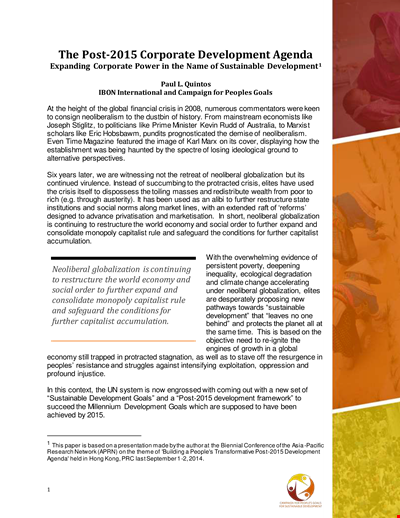
Corporate Development Agenda Template - Streamline and Enhance Development Initiatives Globally
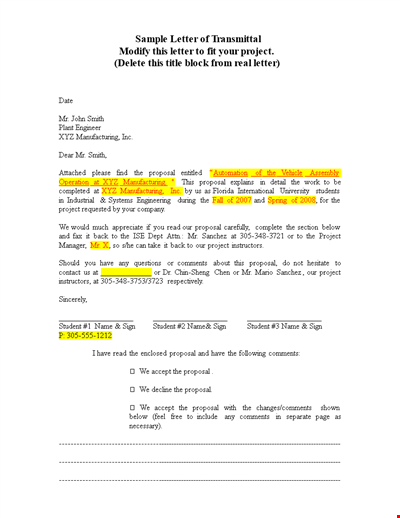
Letter Of Transmittal Template - Create a Professional Project Transmittal Letter
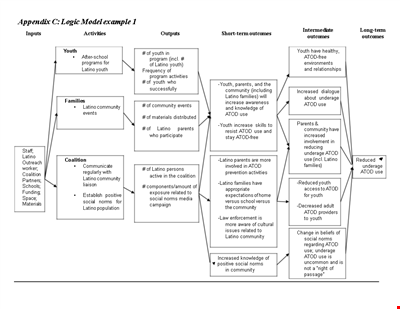
Logic Model Template for Community Youth Latino

Sales Proposal Template: Create Winning Presentations for Clients
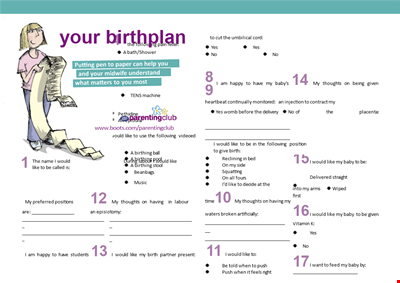
Creating a Personal Birth Plan Template for a Happy and Following Birth with Your Partner
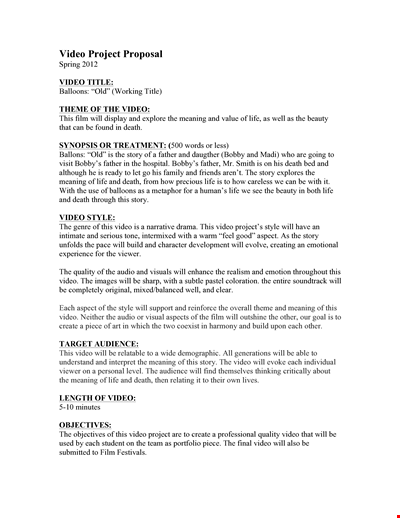
Meeting Proposal Templates - Video-Focused | JordannaRajaProposal.com
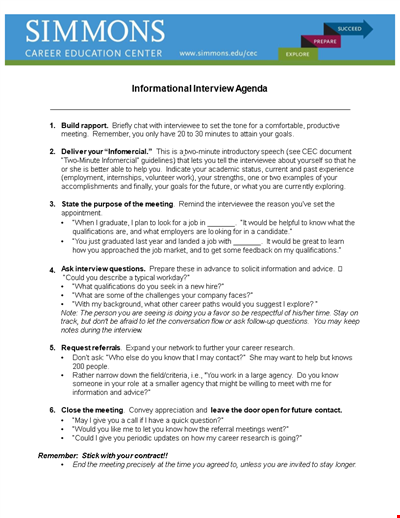
Creating an Effective Informational Interview Agenda for a Successful Career Meeting

Client Website Design Proposal Agreement - Professional Website Design Services

Sample Proposal Collection: Explore Project Options for Inspiration
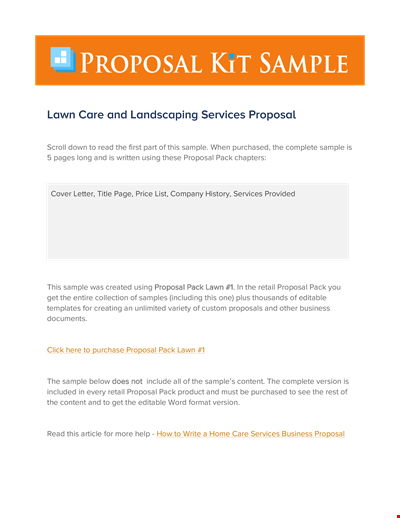
Lawn Care Services Proposal for Landscaping

Project Business Proposal Template | Word | Streamline Your Project Business
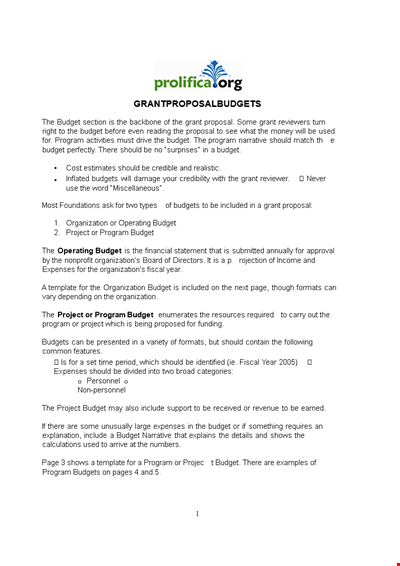
Nonprofit Program Budget Template | Project Budget for Organization

Simple Marketing Strategy Template for Effective Planning and Execution

College Website Design Proposal - Creative and Functional Website Solutions
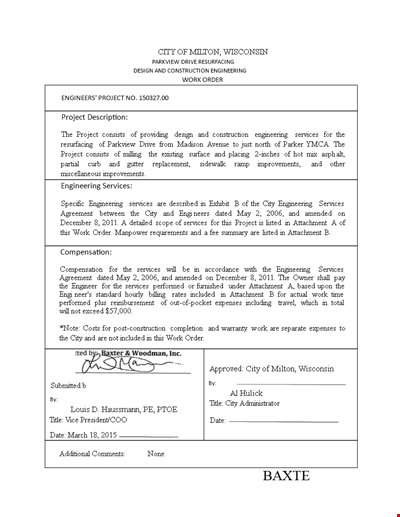
Construction Engineering Work Order Template | Easy Project Management
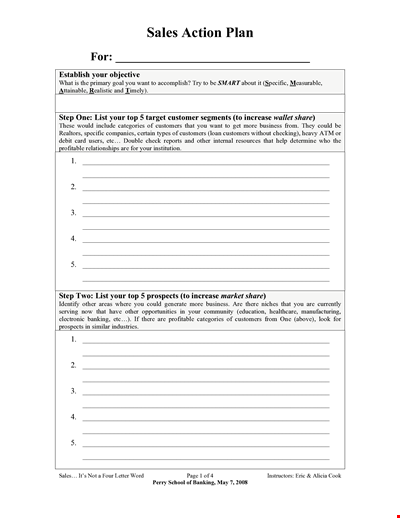
Free Sales Action Plan Example PDF Template for Download